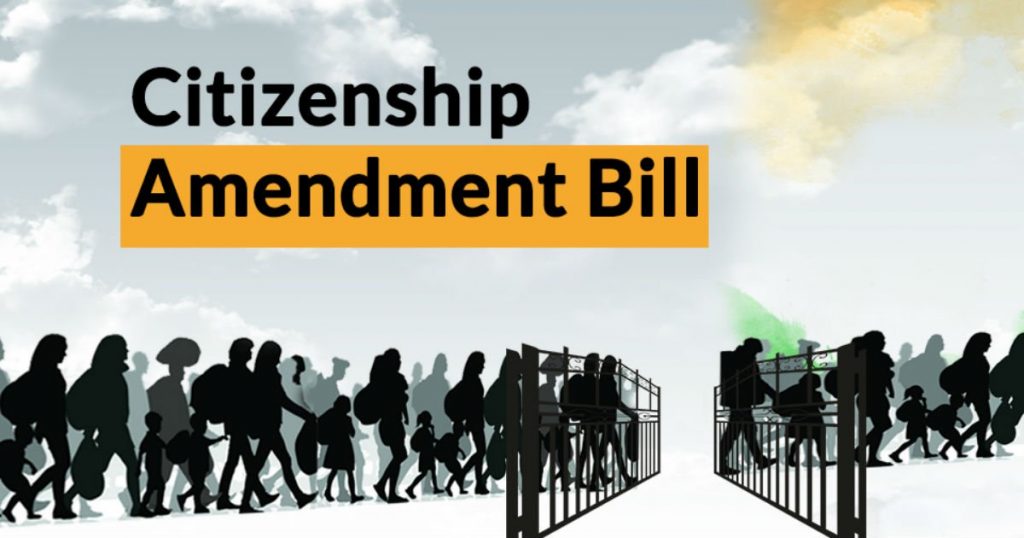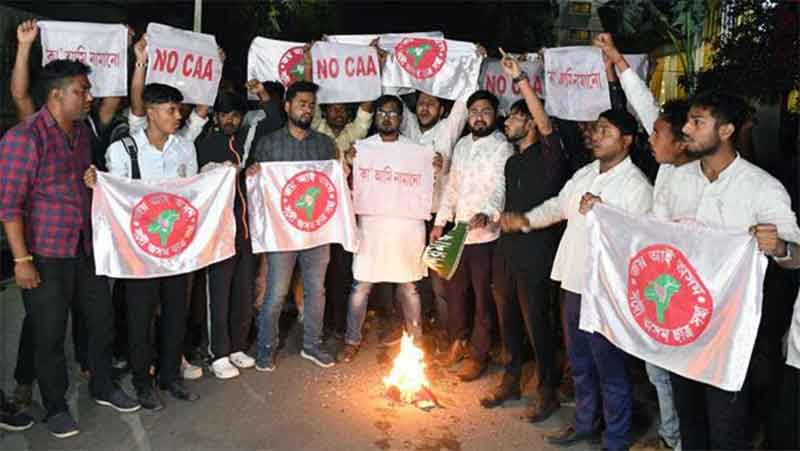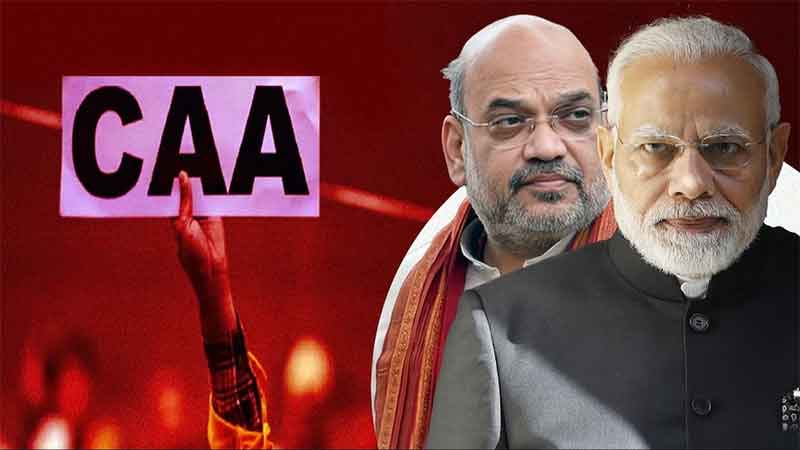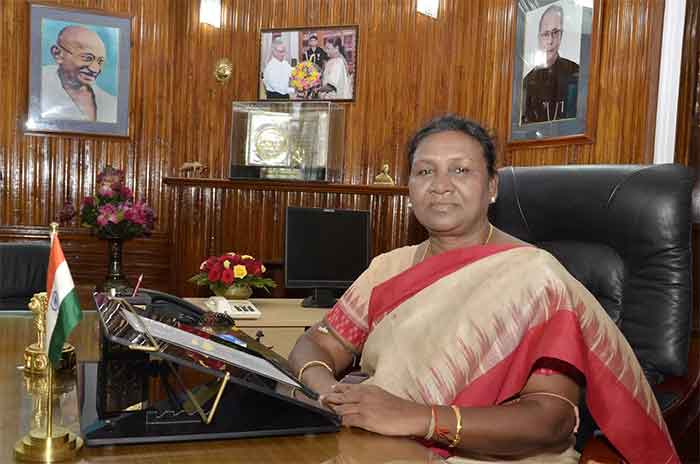
Bringing unity in diversity by harmonizing the opposing forces of centripetal and centrifugal trends in the country for the achievement of common national goals is the purpose of federalism in India. As in all federations, there is a formal division of legislative, administrative and financial powers between the Centre and the constituent units. As provided in the 7th Schedule of the Constitution, the legislative powers have been divided into Union List, State List and Concurrent List. The Residuary powers have been vested with the Union Government. The Union List contains 97 subjects, State List has 66 subjects and there are 47 subjects in the Concurrent List. The Union List has given the Centre exclusive authority to act in matters of national importance – national security, defence, war, treaty, banking, citizenship, currency, communication, etc. the State List consists of subjects of local importance and the legislatures of the States have power to legislate upon the matters included in this list – law and order, justice, jail, police, agriculture, irrigation, public health, local self-government, etc. The Concurrent List consists of subjects which of local and national importance. Both the Union and the State governments may enact laws on these matters but the Union law prevails upon the laws of the States in case of repugnancy between the two.
Citizenship is a Union subject and in Part II of the Constitution from Articles 5-11, the question of Citizenship is dealt with. According to Article 5, at the commencement of the Indian Constitution, every person who has his/her domicile in the territory of India and who was born in the territory of India; or either of whose parents was born in the territory of India; or who has been ordinarily resident in the territory of India for not less than 5 years immediately preceding such commencement, shall be a citizen of India. Articles 6 and 7 deal with the rights of Citizenship of Persons migrating from Pakistan to India and from India to Pakistan. According to Article 8, any person of India origin ordinarily residing in any country outside India shall be the citizen of India if such a person or either of whose parents or any of whose grandparents was born in undivided India and if he or she has been registered as a citizen of India by the diplomatic or consular representative of India in that country. Article 9 says that if a person voluntarily acquires the citizenship of a foreign state, that person shall not be the citizen of India. Articles 10 and 11 say about the power of Parliament to enact laws on citizenship and regulate by law all other matters relating to citizenship.
For regulating the matters relating to citizenship in future, the Parliament has enacted the Indian Citizenship Act, 1955 which was amended in 1986, 1992, 2003, 2005, 2015, and 2016.All these amendments to the bill were not opposed. But the Citizenship Amendment Bill 2019 is seen as a problem. Why is there such a hue and cry protests against it?
When the Home Minister, Amit Shah introduced the Bill and tabled it in LokSabha2019 Parliament Winter Session was rocked by opposition parties coming togetherto oppose CAB 2019. The opposition vows to oppose it at all costs. The Citizenship (Amendment) Bill seeks to grant Indian citizenship to non-Muslim refugees from Pakistan, Bangladesh and Afghanistan. As per the bill, Indian citizenship will be provided to the members of Hindu, Sikh, Jain, Buddhist, Parsi and Christian communities, who have come from the three countries to India till December 31, 2014, to put an end to them being treated as illegal immigrants in the country. They will also be eligible for naturalization within 6 years.
The opposition says the Bill violates Article 14 of the Constitution – Right to Equality (entire ethos of our democracy) and claims that citizenship cannot be given on the basis of religion. How can the proposed legislation be applied to those who were forced or compelled to seek shelter in India due to persecution on the ground of religion, questioned the opposition. Many leaders have put out their viewpoints opposing the Bill and also criticizing the intentions of the present government. For many, political agenda is behind it, and it is going against the entire Constitution of India. It is discriminatory and anti-national. Protests broke out despite government’s claim that the Bill is not against Muslims but infiltrators.
In the Northeast, protests erupted when the North East Students’ Organization (NESO), an umbrella organization of eight student bodies of the region launched protest marches across the region against the proposed Citizenship (Amendment) Bill, 2019. The All Assam Students’ Union (AASU), All Arunachal Pradesh Students’ Union (AAPSU), Khasi Students’ Union (KSU), MizoZirlai Pawl (MZP), Garo Students’ Union (GSU), Naga Students’ Federation (NSF), Twipra Students’ Federation (TSF), All Manipur Students’ Union (AMSU) held protests rallies against the Citizenship (Amendment) Bill in their respective domains. They declare that North East is not the dumping ground of illegal Bangladeshis.It may be recalled that in this part of the country, the movement against illegal immigrants is an ongoing movement. To better check the problem of influx of illegal immigrants, the people of Northeast have been continuously pressing for introduction of Inner Line Permit (ILP). In Assam in particularly, deeply divided over National Register of Citizens (NRC) exercise that seeks to weed out illegal immigrants, the Citizenship Amendment Bill is facing stiff resistance as people feel it will nullify the provisions of the Assam Accord of 1985, which fixed March 24, 1971 as the cut-off date for deportation of illegal immigrants irrespective of religion. The cut-off date for Citizenship under Citizenship Amendment Bill is December 31, 2014.
I believe our country can do something better than this. While the pure intention to grant Indian citizenship to non-Muslim refugees from Pakistan, Bangladesh and Afghanistan belonging to the Hindu, Sikh, Jain, Buddhist, Parsi and Christian communities who were forced or compelled to seek shelter in India due to persecution on the ground of religion is a great gesture from a secular country, but since our country is facing the problem of over-population, we cannot afford to add to this existing problem. Instead of granting Indian citizenship to those persecuted on the ground of religion, India could play a crucial role in preventing such a crime under the banner of the United Nations as a strong nation. India needs to become a developed country to successfully face challenges of nation building within and without its territory. When India becomes a powerful nation it can use its power as leverage to influence the actions of other nations from committing religious persecution against those members ofHindu, Sikh, Jain, Buddhist, Parsi and Christian communities. And in the context of Union-State Relations, the way Union Government is trying to enact a law on citizenship opposed by the States is a matter of grave concern. It becomes another tension area in Union-State Relations. Although Citizenship is a Union subject, voices of the States must be taken into account for the smooth functioning of Indian federalism.
Dr Rimmei Longmei, Head of Department of Political Science, Tetso College, Dimapur
SIGN UP FOR COUNTERCURRENTS DAILY NEWS LETTER















































